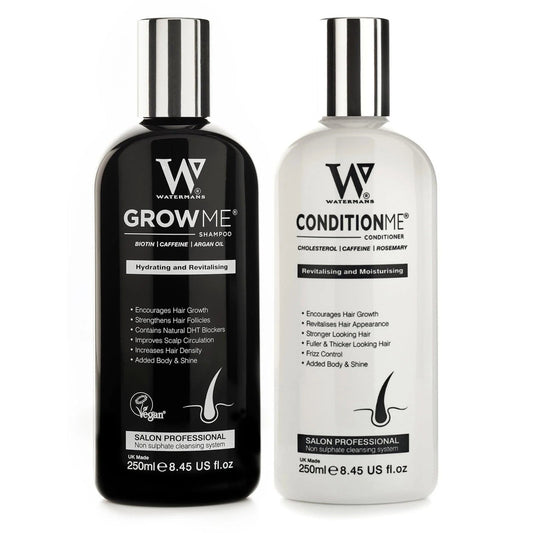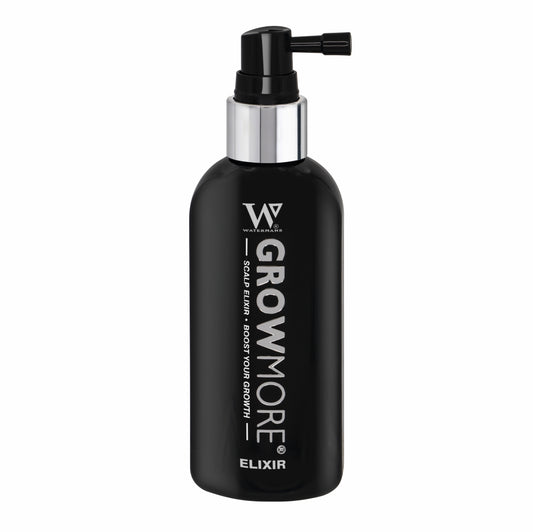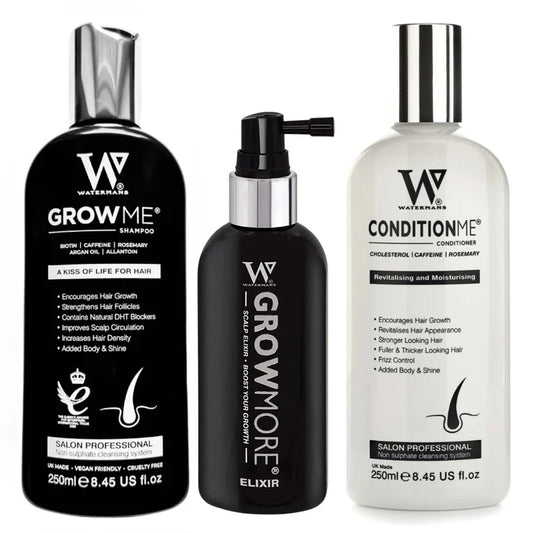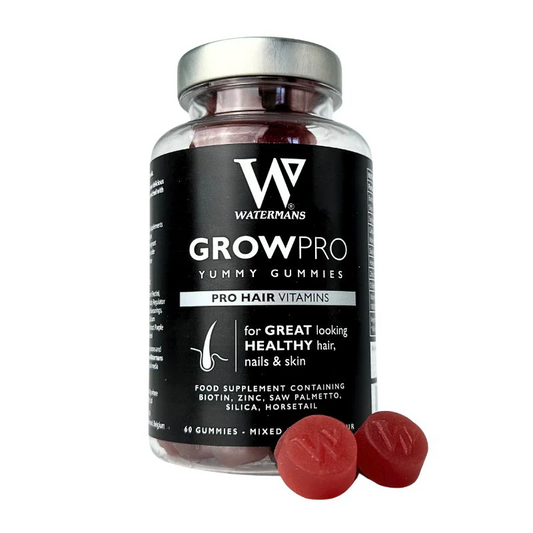Unveiling Zinc Deficiency: Symptoms, Causes, and Essential Solutions for Optimal Health
Share

Zinc Deficiency: Symptoms, Causes, and Essential Solutions for Optimal Health
Zinc is a vital mineral that plays a crucial role in maintaining our body’s health. From boosting the immune system to helping with cell growth, zinc is essential. However, many people worldwide suffer from zinc deficiency without even knowing it. This article will explore zinc deficiency, its symptoms, causes, and the best natural solutions to restore balance and promote overall wellness.
What is Zinc Deficiency?
Zinc deficiency happens when your body lacks enough zinc to function properly. Since zinc supports hundreds of enzymes, having too little can affect many bodily functions, leading to various health problems. It’s not just about feeling tired; zinc deficiency can impact your immune response, skin health, and even hair growth.
Why is Zinc Important for Health?
Zinc is involved in numerous biological functions, such as:
- Immune system support: Zinc helps the body fight infections.
- Wound healing: It assists in repairing damaged tissues.
- DNA synthesis and cell division: Critical for growth and development.
- Skin health: Keeps skin clear and accelerates healing.
- Hair growth: Zinc nourishes hair follicles and supports new growth.
Without enough zinc, these functions don’t work as well, which can lead to serious health concerns over time.
Symptoms of Zinc Deficiency
Recognizing zinc deficiency symptoms early can prevent further health issues. Some common symptoms include:
- Hair loss and thinning: Zinc deficiency can weaken hair follicles, causing shedding and slow regrowth.
- Frequent infections: A weak immune system may lead to more colds or illnesses.
- Slow wound healing: Cuts and bruises take longer to heal.
- Skin problems: Dry, flaky, or inflamed skin, and sometimes acne.
- Loss of appetite or taste changes: Zinc affects taste and smell senses.
- Fatigue and irritability: Low energy levels and mood swings.
- Delayed growth in children: Zinc is crucial for proper growth and development.
- White spots on nails: A sign of nutrient deficiency.
If you notice these symptoms, it’s a good idea to check your zinc levels with a healthcare provider.
Causes of Zinc Deficiency
Several factors can lead to zinc deficiency, including:
1. Inadequate Dietary Intake
People who do not consume enough zinc-rich foods are at risk. Zinc is naturally found in meat, shellfish, dairy, nuts, and whole grains. Vegans and vegetarians might find it harder to get enough zinc if they don't plan their nutrition carefully.
2. Poor Absorption
Certain health conditions like celiac disease, Crohn’s disease, or chronic diarrhea can reduce zinc absorption in the intestines.
3. Increased Zinc Needs
Pregnant women, breastfeeding mothers, infants, and children require more zinc for proper growth and development. Athletes and people under stress could also have higher zinc needs.
4. Excessive Loss
People with kidney disease or those who sweat heavily might lose more zinc from their bodies.
5. Alcoholism
Alcohol interferes with zinc absorption and increases excretion.
Foods Rich in Zinc
To prevent or correct zinc deficiency, incorporating zinc-rich foods into your diet is essential. Some top sources include:
- Meat: Beef, pork, and lamb.
- Shellfish: Oysters, crab, and lobster.
- Nuts and seeds: Pumpkin seeds, cashews, and almonds.
- Dairy products: Cheese and milk.
- Legumes: Chickpeas, lentils, and beans.
- Whole grains: Wheat, quinoa, and oats.
- Vegetables: Spinach, mushrooms (though plants have less bioavailable zinc).
Including these regularly helps maintain adequate zinc levels naturally.
Natural Solutions for Zinc Deficiency and Hair Loss
Zinc deficiency can cause brittle nails, skin problems, and most noticeably, hair loss. To tackle hair loss due to zinc deficiency, consider using natural shampoos and treatments rich in nutrients promoting scalp health.
One highly recommended solution is Watermans Grow Me Shampoo, which contains beneficial ingredients like biotin, rosemary, caffeine, niacinamide, argan oil, allantoin, and lupin protein. These ingredients work together to nourish the scalp, stimulate hair follicles, and volumize hair right from the roots.
Besides zinc, these natural ingredients help energize your scalp and promote healthy hair growth without harsh chemicals or medications.
How Does Zinc Support Hair Growth?
Zinc ensures the immune system functions properly and supports cell division and protein synthesis, all necessary for producing strong and healthy hair follicles. When zinc levels are low, hair may become brittle, thin, or fall out excessively.
Zinc also helps regulate hormones that can contribute to hair loss, such as dihydrotestosterone (DHT), which is known to shrink hair follicles.
Incorporating Watermans Grow Me Shampoo in Your Hair Care Routine
Regular use of Watermans Grow Me Shampoo can complement dietary efforts to improve zinc status and hair health. The shampoo's natural formula helps:
- Stimulate blood flow and nutrient delivery to hair follicles.
- Reduce inflammation and protect the scalp.
- Strengthen hair strands and prevent breakage.
- Encourage thicker, fuller hair growth.
Using it alongside a nutritious diet rich in zinc creates an effective, holistic approach to managing hair loss linked to zinc deficiency.
Other Natural Ways to Boost Zinc Absorption
In addition to eating zinc-rich foods and scalp care, some tips can improve zinc absorption in the body:
- Avoid consuming too much calcium, iron, or copper alongside zinc-rich meals. These minerals can compete with zinc absorption.
- Cut back on excessive phytates (found in raw grains and legumes) by soaking, fermenting, or cooking them properly to reduce their zinc-binding effects.
- Avoid high doses of alcohol and limit refined sugars.
- Include vitamin C-rich foods (like oranges, strawberries, and bell peppers) to enhance zinc absorption.
When Should You See a Doctor?
If you suspect zinc deficiency due to symptoms like hair loss, persistent infections, or delayed wound healing, consult a healthcare professional. Blood tests can confirm your zinc levels.
Doctors may recommend zinc supplements if dietary changes and natural solutions aren’t enough. However, self-supplementation without guidance can cause too much zinc intake, which may lead to side effects.
Frequently Asked Questions (FAQ) about Zinc Deficiency and Hair Loss
1. Can zinc deficiency cause hair loss quickly?
Hair loss due to zinc deficiency usually develops gradually, but if zinc levels are very low, shedding can be more noticeable. Restoring zinc nutritional balance often reverses hair loss.
2. How much zinc do I need daily?
The recommended daily intake varies by age and gender but generally ranges from 8 mg (women) to 11 mg (men). Pregnant and breastfeeding women need slightly more.
3. Can excess zinc be harmful?
Yes, high zinc intake can cause nausea, headaches, and interfere with absorption of other minerals like copper. Always follow recommended dosages.
4. Are there any hair products that include zinc for hair loss?
Some shampoos include zinc pyrithione for dandruff control but may not contain zinc to stimulate hair growth. Watermans Grow Me Shampoo is preferred for natural hair growth support.
5. Can zinc supplements replace natural shampoos?
Zinc supplements can help correct deficiency, but using hair care products like Watermans Grow Me Shampoo helps nourish your scalp and hair externally, providing a combined approach.
6. How long does it take to see hair growth improvements after fixing zinc deficiency?
Visible improvements usually take 3 to 6 months because hair growth cycles need time to adjust.
7. Is zinc deficiency common worldwide?
Yes, particularly in developing countries, children, pregnant women, and vegetarians are at greater risk due to diet and health challenges.
8. Does zinc deficiency affect children’s growth?
Yes, zinc is critical for growth and development. Deficiency can cause growth retardation and delayed puberty.
9. Can stress cause zinc deficiency?
Chronic stress can increase zinc loss and body demand, potentially leading to deficiency.
10. What other minerals interact with zinc in the body?
Copper and iron absorption are connected to zinc levels; balance among these minerals is important.
Did You Know? – Zinc Deficiency Facts
- Did you know that zinc is the second most abundant trace mineral in the human body after iron?
- Did you know that oysters contain more zinc per serving than any other food?
- Did you know that even mild zinc deficiency affects taste sensitivity and appetite?
- Did you know that certain genetic disorders can cause zinc malabsorption, leading to severe deficiency?
- Did you know that Zinc deficiency was first recognized as a clinical disorder in the 1960s?
Maintaining optimal zinc levels through diet and supportive hair care products like Watermans Grow Me Shampoo is essential for overall health and vibrant hair growth.
Start your journey to combat zinc deficiency naturally with better nutrition and gentle, effective hair care today!



